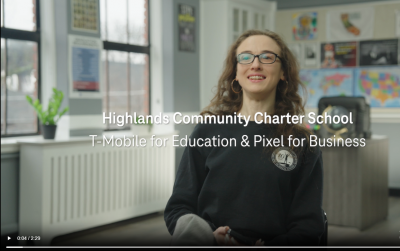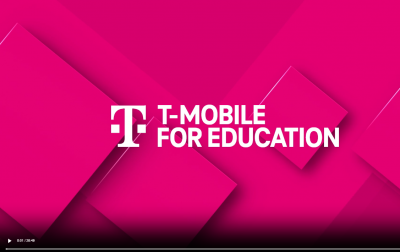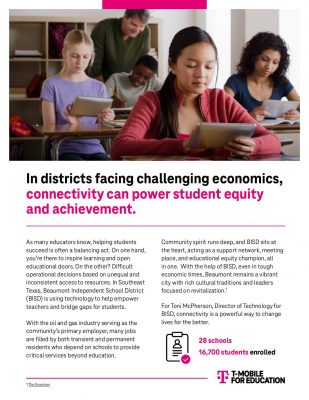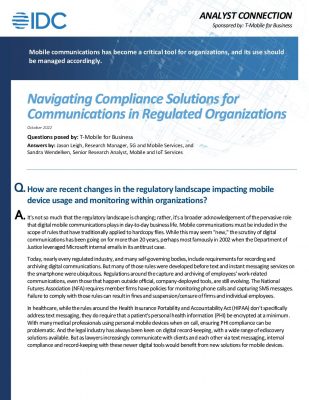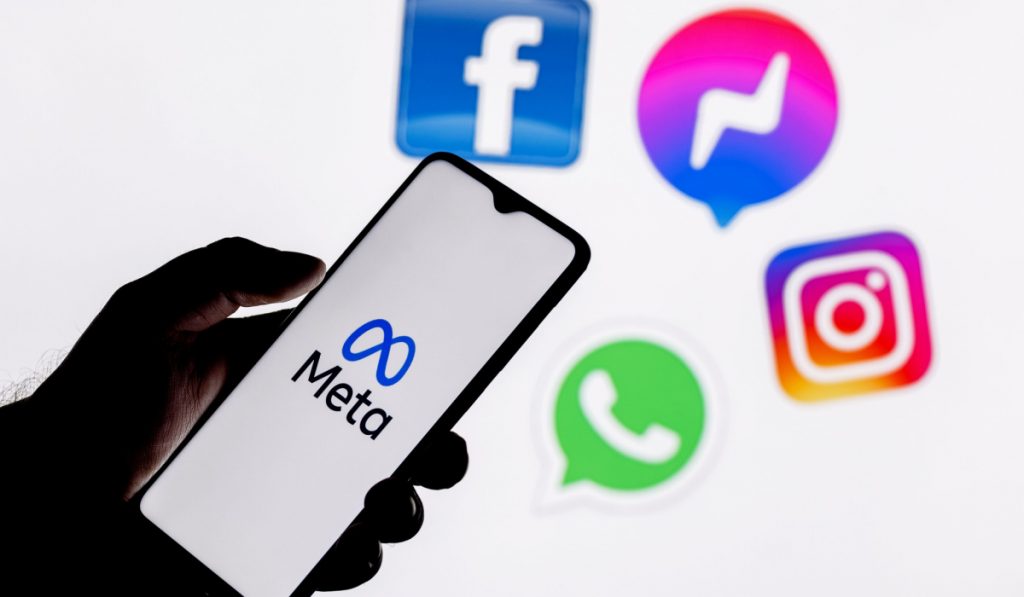Highlights:
- Administrators of Facebook groups can already charge for access to premium content, and virtual “stars” can be bought and given to creators.
- Instagram recently revealed that creators could start charging a subscription for access to exclusive content.
Meta announced that it is establishing a product organization to explore and develop “potential paid features” for Facebook, Instagram, and WhatsApp. The new subsidiary is Meta’s first serious attempt to implement paid features throughout its three primary social platforms, all of which have billions of users.
The reason for its creation is Apple’s adjustments to iOS ad monitoring and a general decline in digital advertising spending that has severely impacted Meta’s advertisement business. Pratiti Raychoudhury, formerly the chief of research at Meta, will serve as the group’s leader. The group’s name is New Monetization Experiences.
Meta’s VP of monetization supervising the division, John Hegeman, claimed that the firm is still committed to building its advertisements business and has no intentions to let consumers pay to turn off ads in its apps.
“I think we do see opportunities to build new types of products, features, and experiences that people would be willing to pay for and be excited to pay for,” he said. He declined to elaborate on paid features that are being considered.
While most of Meta’s revenue comes from ads and has several paid features across all of its applications, the social media behemoth hasn’t made charging users a top priority until now. Hegeman discounted the likelihood that paid features would soon play a significant role in the company’s operations but said that “on the flip side, I think if there are opportunities to both create new value and meaningful revenue lines and also provide some diversification, that’s obviously going to be something that will be appealing.”
In the long run, he said, Meta expects premium features to play a bigger role in its operations. “I do think it can really move the needle and make a really big difference on a five-year time horizon,” he said.
Administrators of Facebook groups can already charge for access to premium content, and virtual “stars” can be bought and given to creators. Instagram recently revealed that creators could start charging a subscription to access exclusive content. At the same time, WhatsApp recently stated that some businesses must pay for the right to communicate with their customers. CEO Mark Zuckerberg stated in June that until 2024, the business would not take a portion of sales from paid features and subscriptions.
The movement toward more premium features aren’t exclusive to Meta. Over the past couple of years, charging has become an increasingly common practice on social media platforms. Twitter has paid for Super Follows, TikTok tested paid memberships for creators earlier this year, and Discord exclusively relies on its Nitro subscription. Additionally, both Telegram and Snapchat introduced subscription tiers this year that opened up new capabilities. The paid Snapchat layer has already proven to be popular.
“We’re obviously paying attention to what’s going on in the industry,” said Hegeman. “And I think there are multiple companies that have done interesting things in this space that I think hopefully we can learn from and emulate over time.”





